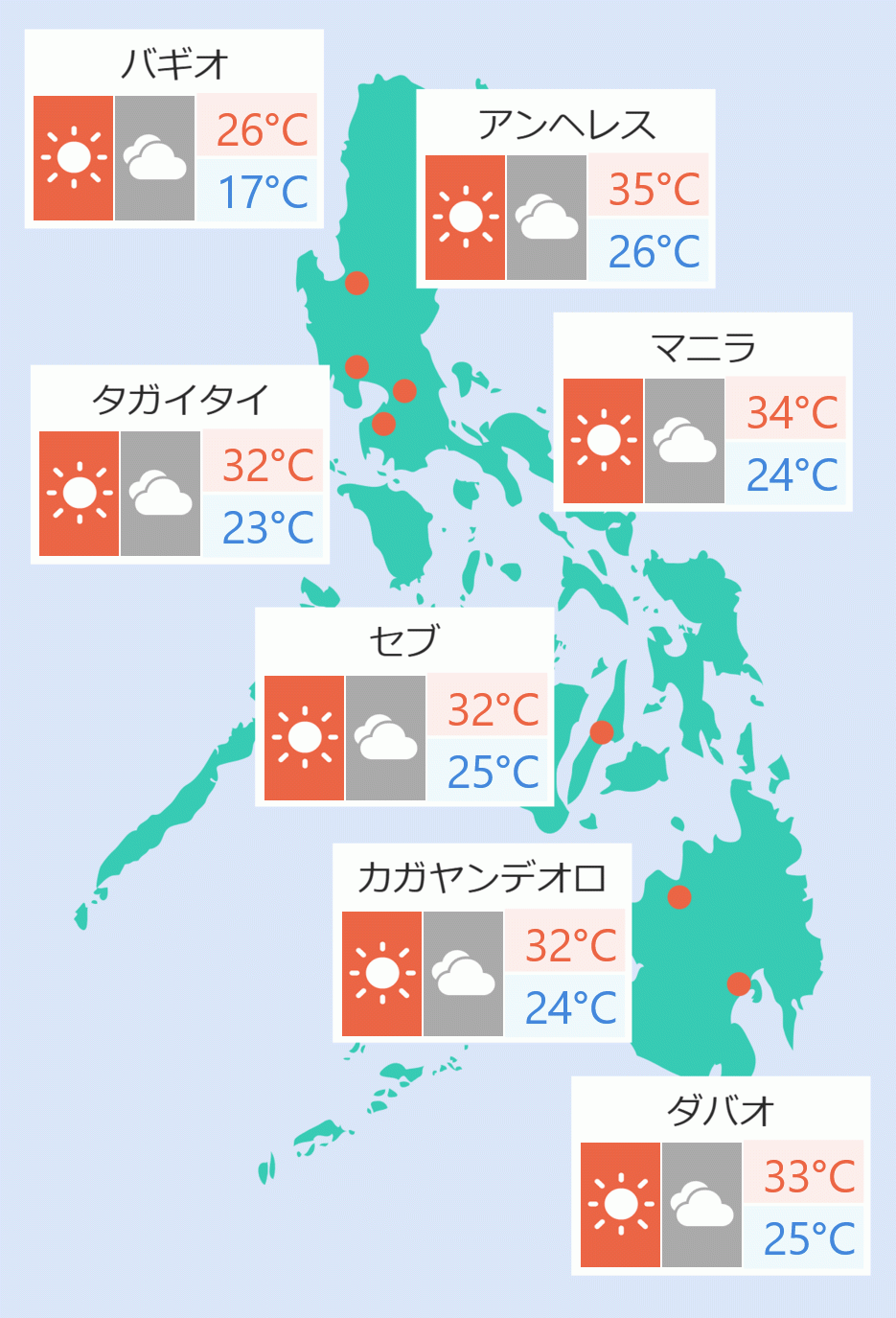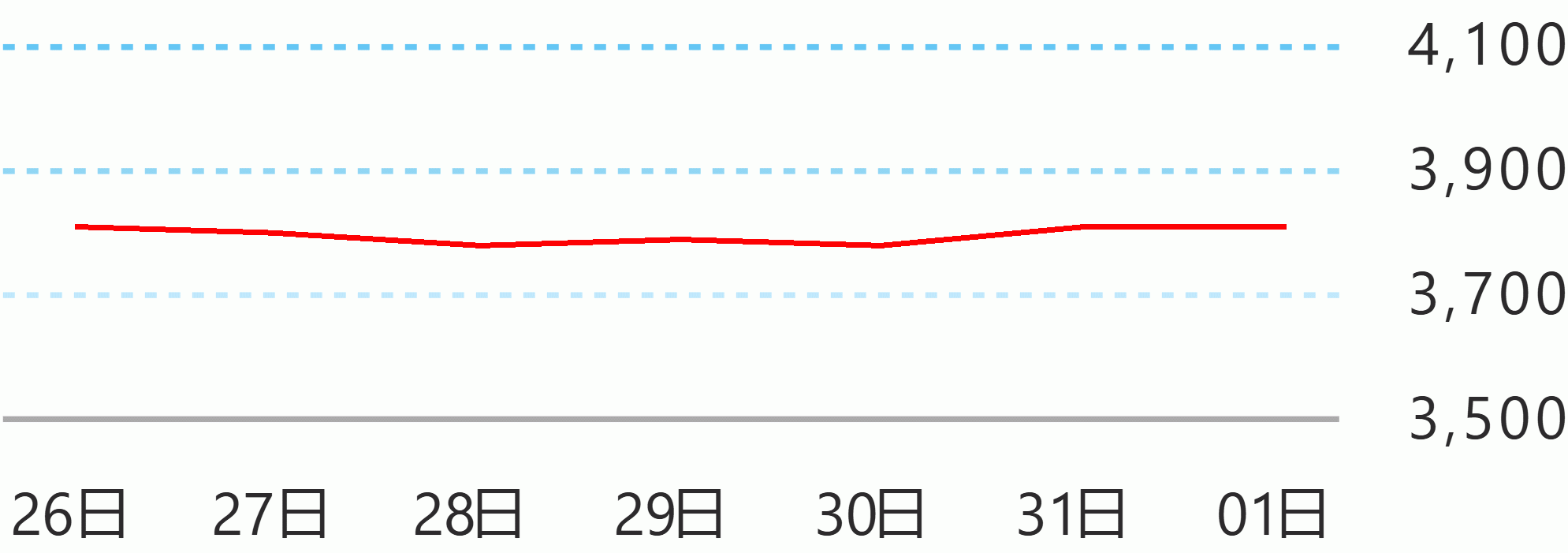Malacañang allayed on Wednesday concerns over possible human rights abuses by state forces once the amended anti-terrorism bill is passed.
In a television interview, Presidential Spokesperson Harry Roque said the issue raised by human rights advocate that under the bill policemen could decide for themselves the act of terrorism was not accurate.
"From zero definition, we now know what should be prevented, which is the sowing fear and terror in the minds of the general public through overt acts taken by terrorists or terrorist groups," he said.
"So, it is not accurate anymore that it is the police that will define ( an act of terrorism). There are sufficient definition now given in the statute, as well as in the UN community itself because that has been an issue that the UN system craft on bill for many, many years and there is now at least a compromise that if you can’t define it with precision, then we know the effects that the states have a right to curtail," explained Roque, also a lawyer.
In case the anti-terrorism law is misused, particularly the prolonged detention of suspected terrorist, he said there are judicial remedies, such as the petition for writ of amparo, which was not present before.
"If a person is arrested with absolutely no basis?of course, you can’t use habeas corpus if there is criminal proceedings ongoing; but in case they failed to file the necessary information beyond the period stipulated by the law or even the period stipulated in the law, but you challenge the legal basis or factual basis for it, you can still go to court. So, I guess the difference is when EHSA (expanded Human Security Act) was first passed, we did not have institutional safeguards initiated by the Supreme Court yet to protect the right and life which we do have now," he said.
As to concerns that the bill once it becomes a law could be used against ordinary citizens posting on social media anti-government materials or opposing views on government policies, Roque said the Constitution, which provides for the bill of rights, is supreme than any other laws enacted by Congress.
"When act of Congress infringes on the Constitution, then it will be declared by the court as unconstitutional. We have established jurisprudence on freedom of expression and the only way that government can curtail freedom of expression is if there is a clear and present danger that the state has a right to prevent. Where you have that exception then the courts will not intervene and will now uphold freedom of expression," he said.
"But unless the state can establish that - and I think in the case of terrorists the state can easily do so - then freedom of expression will not be suppressed or infringed upon because according to a decision of the Supreme Court it enjoys a very high position in the hierarchy of rights even superior that property right," the spokesman added.
He defended Duterte's certification of the bill as urgent amid the coronavirus pandemic.
"I don't think the timing is off because Marawi is still being rebuilt. So, the aftershocks of modern day terrorism are still being felt in Marawi, and, of course, the Sulu attack happened and you saw how gruesome the murder of our soldiers were. So, I don't think it is something that just cropped out. It's a problem that we have perennially faced," he said.
Marawi was devastated following the terrorist attack in the city in 2017. Celerina Monte/DMS





 English
English










